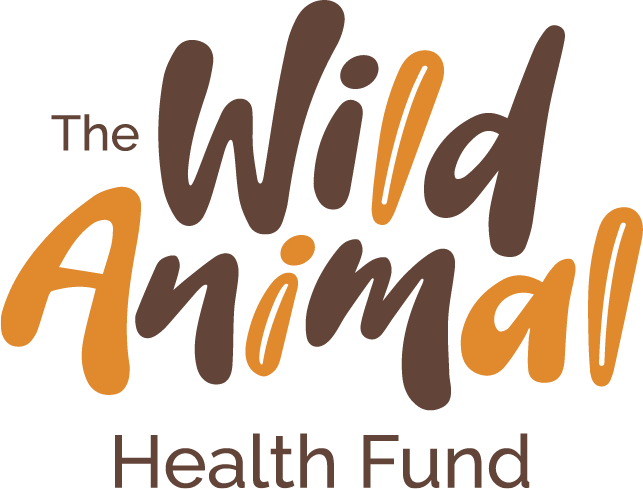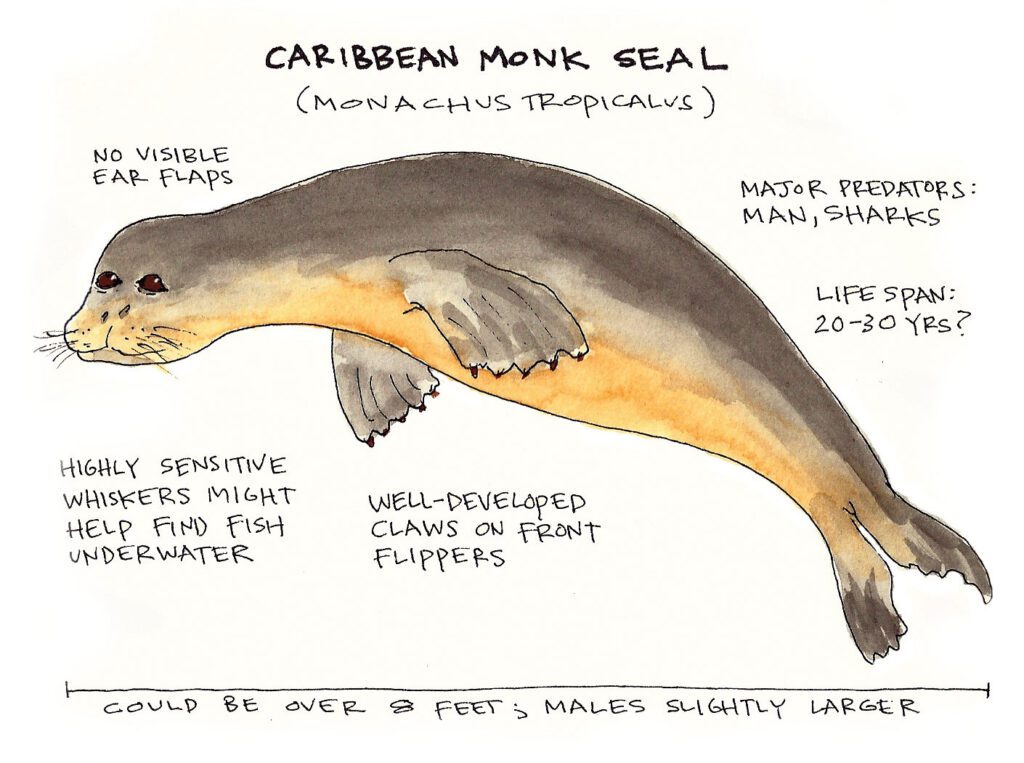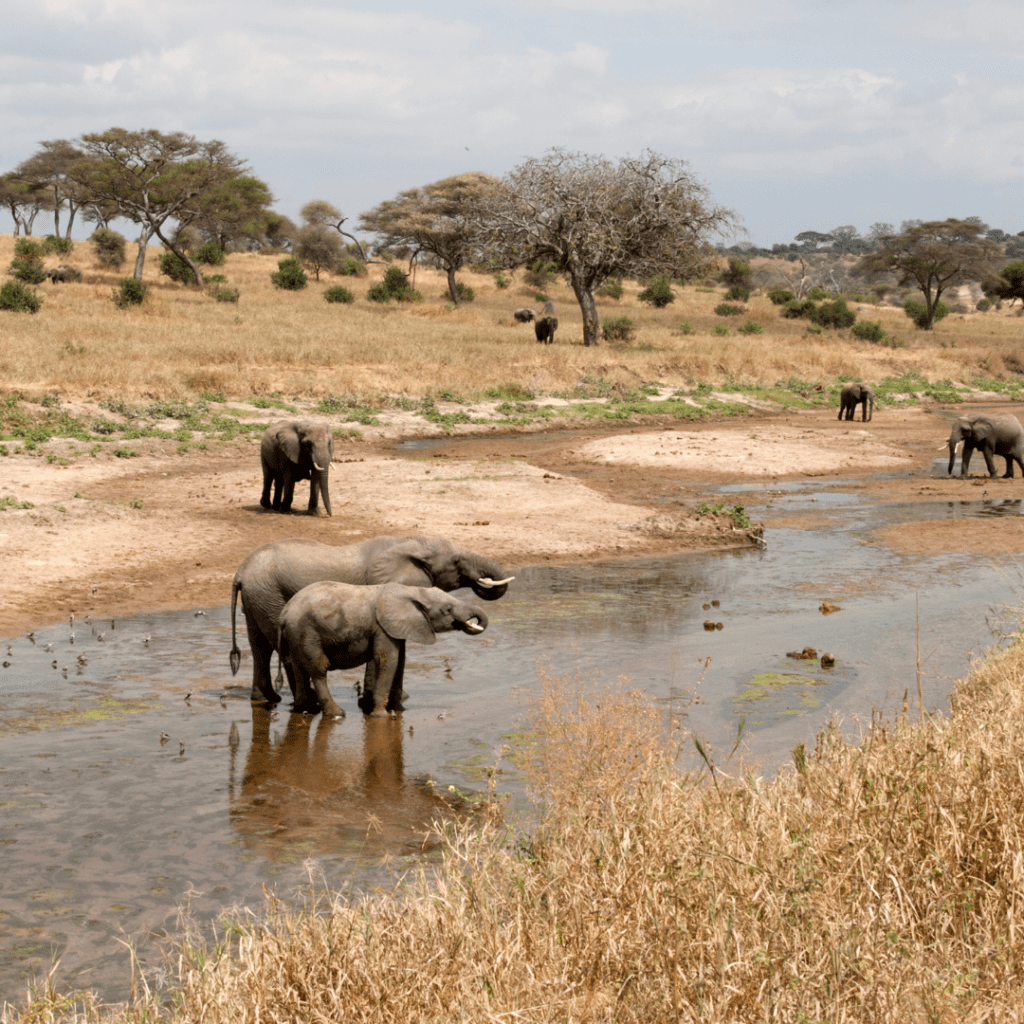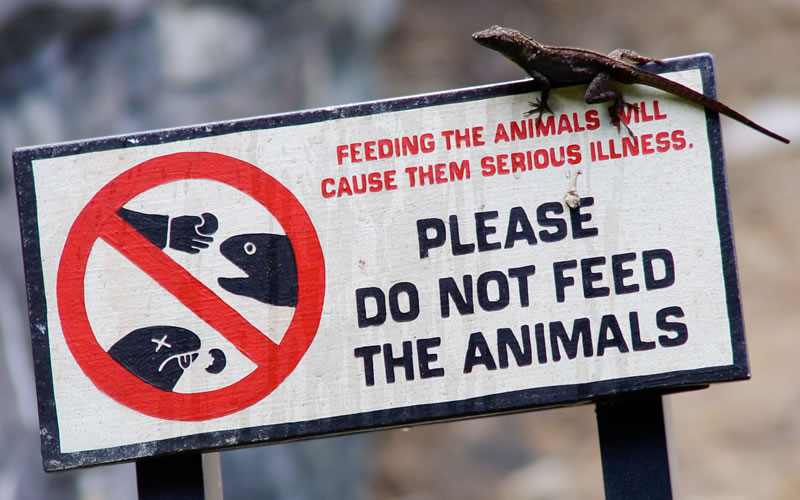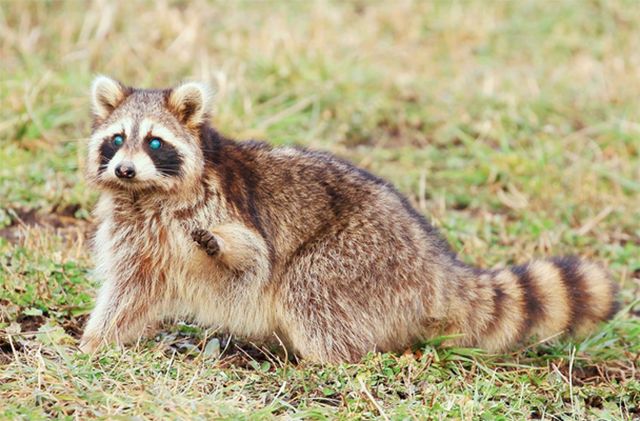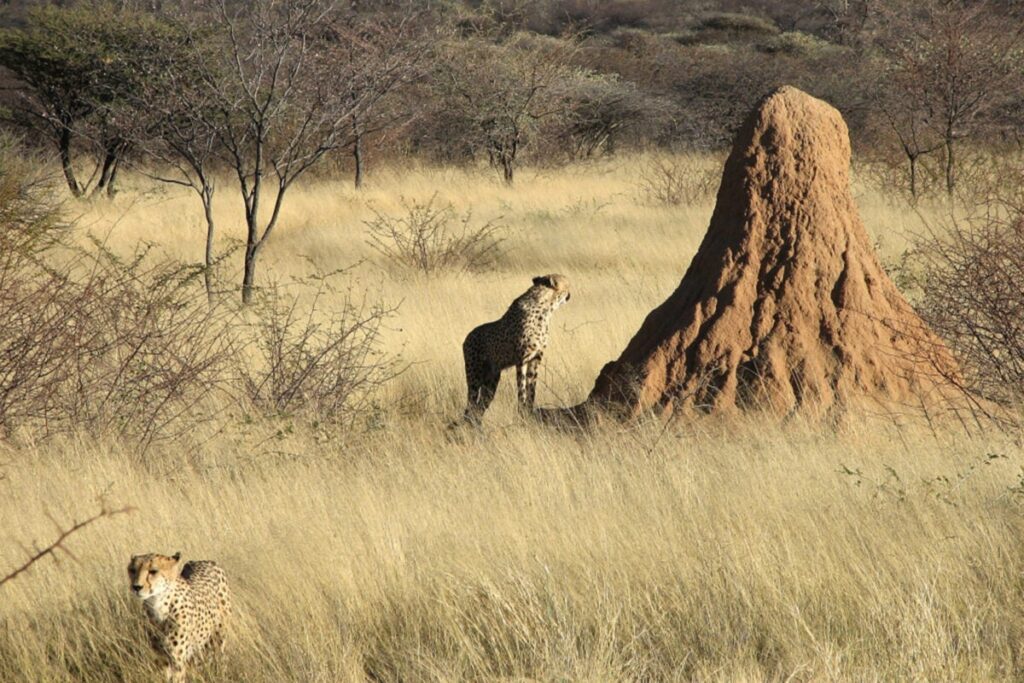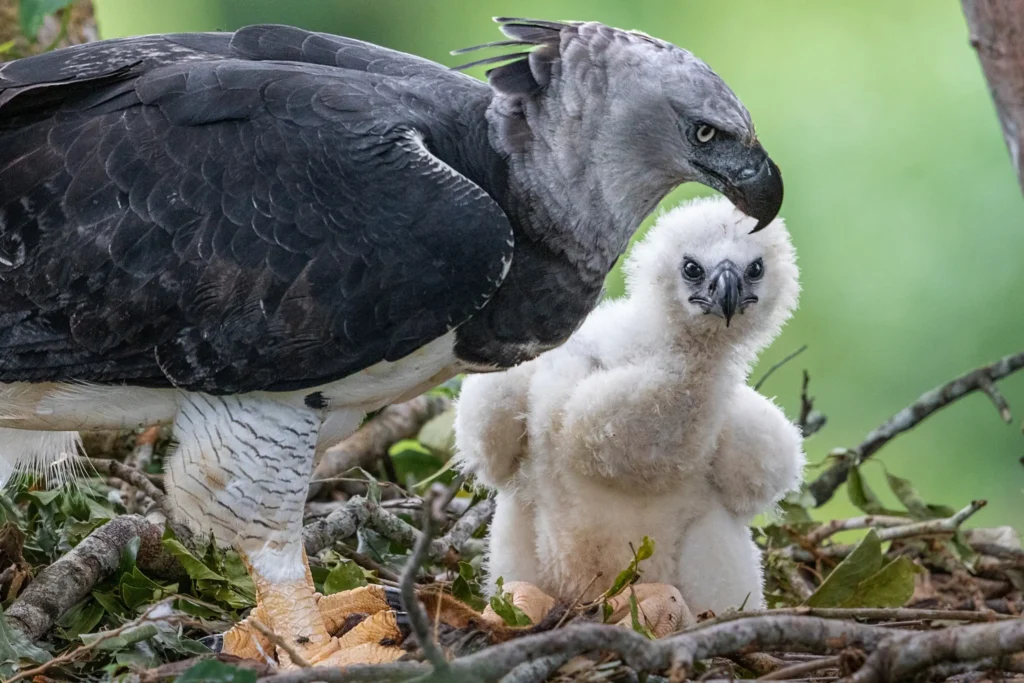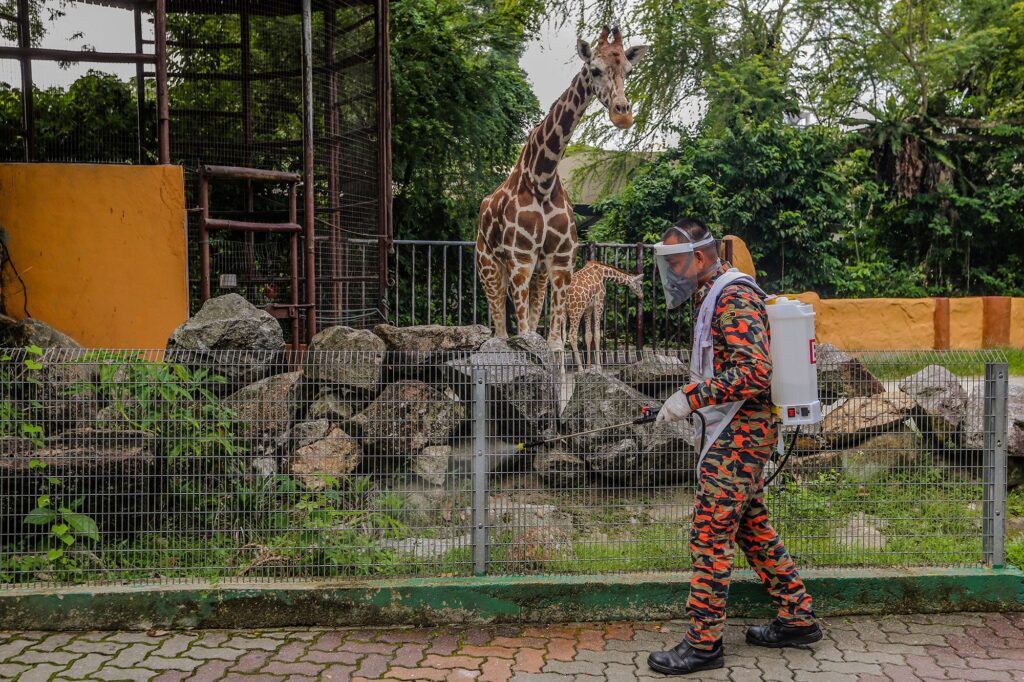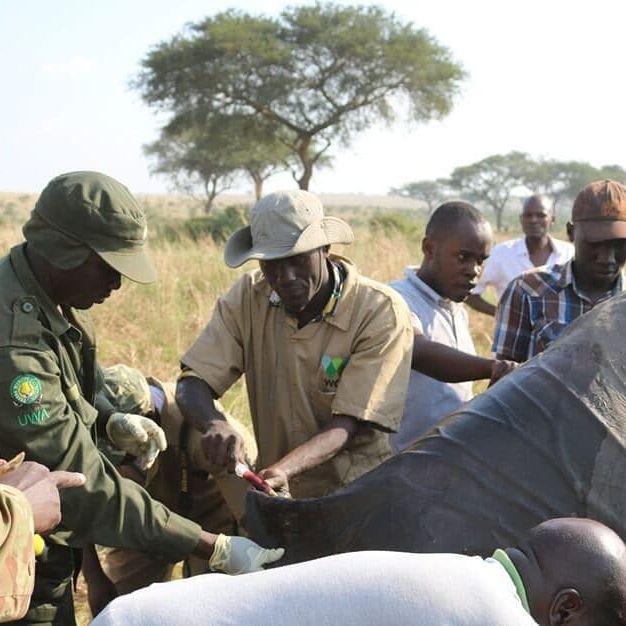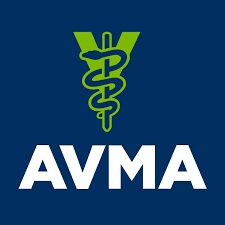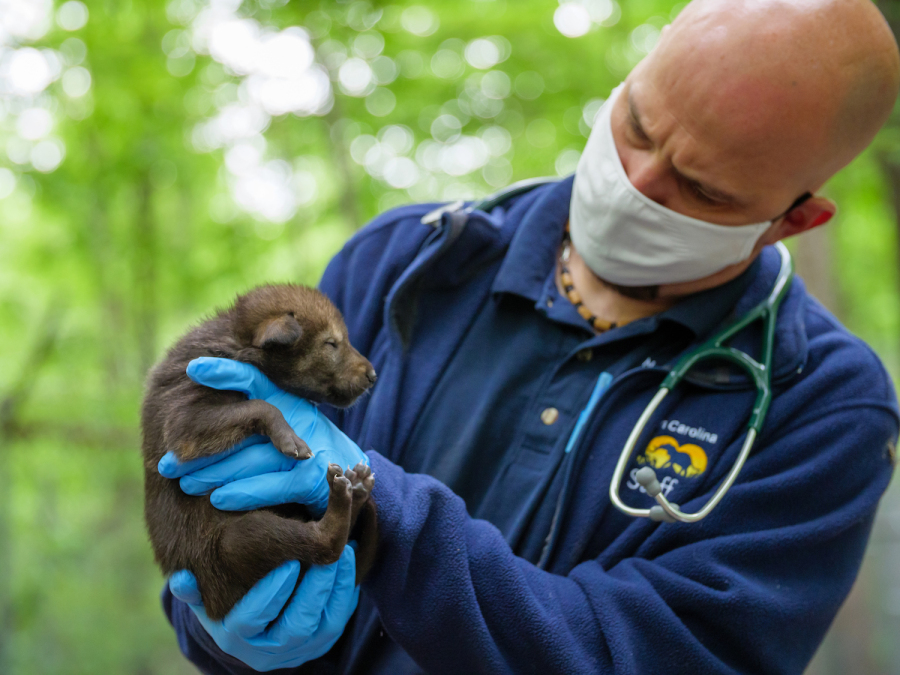Animals That Are Extinct (from this century)
You’ve probably heard of a species going extinct, but what does that mean exactly? The International Union for Conservation of Nature (IUCN) categorizes all species. There are several categories for classifying species: Not Evaluated (NE), Data Deficient (DD), Least Concern (LC), Near Threatened (NT), Vulnerable (VU), Endangered (EN), Critically Endangered (CR), Extinct in the Wild…
Read MoreWildlife Conservation Includes Their Health
Think of wildlife conservation. Did you picture yourself planting trees, visiting a wildlife refuge, or participating in a beach clean up? Those are a few critical components of land conservation for wildlife. After all, they need safe habitats to thrive in! Imagine wildlife conservation as a puzzle, and land conservation and habitat restoration as a…
Read MoreWhy should you not feed wildlife?
It’s tempting to feed wildlife or at some point, and it seems like an innocent action. Whether it’s tossing bread to ducks or giving squirrels your leftovers, feeding or touching wildlife is always harmful and sometimes illegal. So, why should you not feed (or touch) wildlife? Human food is not healthy for wildlife Wild animals…
Read MoreCanine Distemper (CDV) in Wildlife
What is Canine Distemper? If you have a dog, you’ve probably heard of canine distemper (CDV) and vaccinated your dog for it. It is highly contagious and causes difficulty breathing, coughing, and pneumonia. In addition to those symptoms, it can cause neurological symptoms that are very similar to rabies. Saliva, urine, feces, and other respiratory…
Read MoreOur Ecosystems Need the Little Guys!
The world’s ecosystems are incredible to observe. Each species has a role, much like an office! Also like an office or any workplace, there are the big fries and the little fries. Our ecosystems consist of animals, insects, plants, and microorganisms all working together to balance the Earth. Curious how the little fries affect the…
Read MoreBirds of Prey are Dying because of Rat Poison
Birds of prey or raptors are some of nature’s most incredible species. Sharp eyesight, strong talons, curved beaks, and their prey are some of the reasons humans are so fascinated by them. Examples of raptors include eagles, hawks, ospreys, buzzards, owls, and falcons. In addition to being incredible, these gorgeous birds also provide critical ecosystem…
Read MoreZoos During Covid
Light at the end of the tunnel While it’s true that nonprofits during covid struggled, things are starting to turn around. People are donating generously again, events are returning to face-to-face, and programs are being restored. Zoos have opened their gates once again for people to connect with wildlife and support conservation. Most organizations aren’t…
Read MoreOil in Uganda, Can it Cause Stress to African Elephants?
Among the 14 research projects the Wild Animal Health Fund approved and funded in 2021 is Dr. James Watuwa’s study on stress levels in African Elephants. Dr. Watuwa is a wildlife and zoo veterinarian with Uganda wildlife conservation education center (Entebbe zoo)as well as a co-founder of the Endangered Wildlife Conservation Organization(EWCO). Based in Murchison Falls,…
Read More2021-2022 Grant Recepients
Read a press release announcing our 2021-2022 grant recipients! These projects will further our knowledge of wild animals in need. The AVMA is the nation’s leading advocate for the veterinary profession. Representing more than 105,000 members, they protect, promote, and advance the needs of all veterinarians and those they serve.
Read MoreA Day in the Life of a Zoo Vet
Rhino surgeon in the morning, snake healer by evening! Follow along as we keep up with National Geographic featured Dr. JB Minter. Dr. Minter is the Director of Animal Health and zoo veterinarian at the North Carolina Zoo in Ashboro, NC. That’s all in a zoo vet’s days work! If you’d like to follow along…
Read More